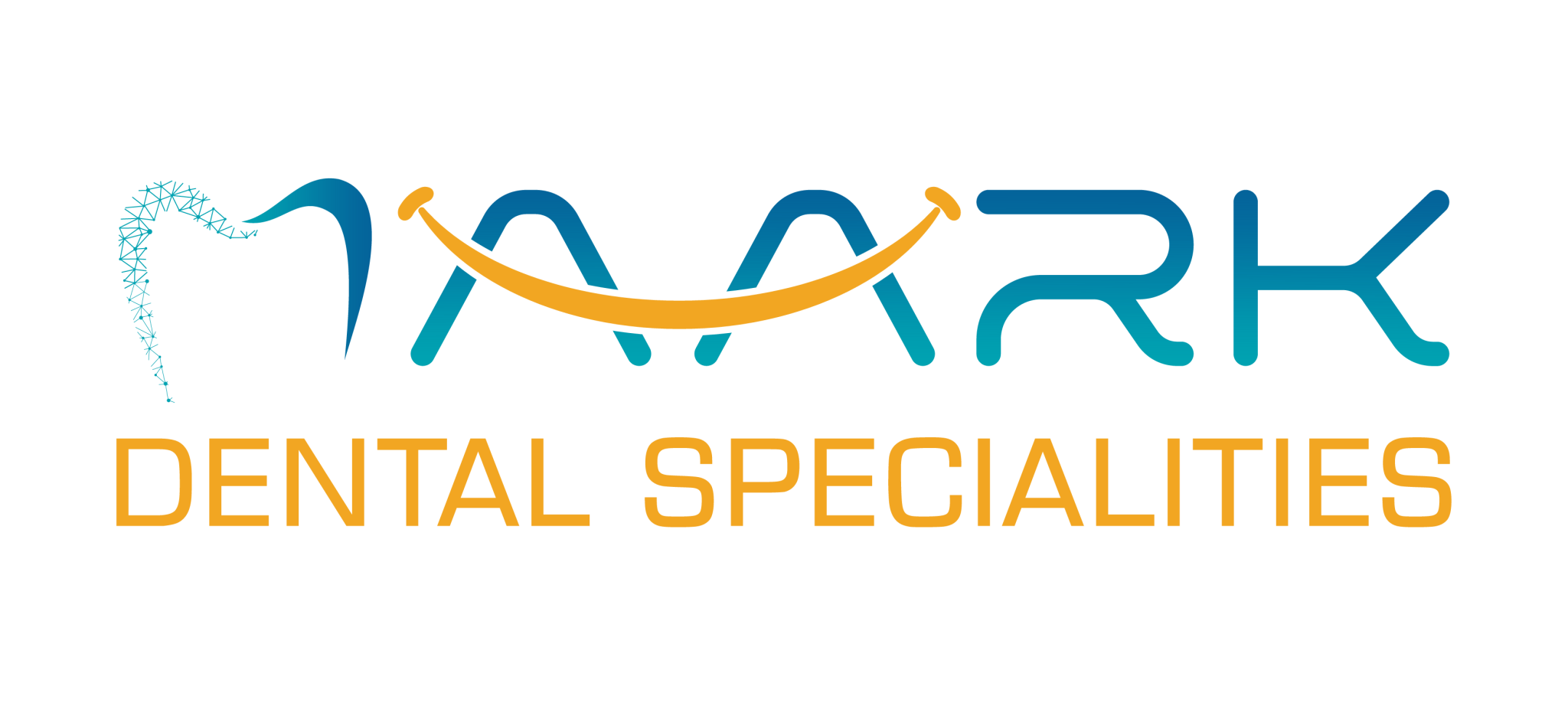TMJ (Temporomandibular Joint) Surgery

Restoring Comfort and Function to Your Jaw
TMJ surgery, or Temporomandibular Joint surgery, is a specialized dental procedure aimed at addressing severe temporomandibular joint disorders (TMD) that do not respond to conservative treatments. This surgery is designed to alleviate pain, improve jaw function, and enhance the overall quality of life for individuals who suffer from chronic TMJ issues. Understanding the importance and process of TMJ surgery can provide relief and improve your overall oral health.
When Is TMJ Surgery Necessary?
TMJ surgery may be recommended when conservative treatments, such as medication, physical therapy, or lifestyle modifications, have proven ineffective, and the individual continues to experience:
- Chronic Pain: Persistent pain in the jaw joint and surrounding areas, which can include headaches, facial pain, and earaches.
- Limited Jaw Movement: Severe restrictions in jaw movement, making it difficult to open or close the mouth, chew, or speak.
- Joint Damage: Structural damage to the TMJ, which may include issues like dislocation, deterioration of the joint, or anatomic abnormalities.
The TMJ Surgery Process:
TMJ surgery is a well-planned and precise procedure that typically involves the following steps:
- Consultation: Your journey begins with a consultation with a TMJ specialist, often an oral and maxillofacial surgeon. During this consultation, the specialist will evaluate your condition, take imaging scans, and discuss your symptoms and treatment options.
- Treatment Planning: Once the need for TMJ surgery is established, a detailed treatment plan is developed. This plan outlines the specific surgical procedure, its purpose, and expected outcomes.
- Procedure: The TMJ surgery is typically performed in a hospital or outpatient surgical center under general anesthesia. The surgical technique used depends on the specific issue being addressed, such as joint repositioning, disc repositioning, or joint replacement.
- Recovery: After the surgery, you will undergo a recovery period during which you’ll need to follow specific dietary and post-operative care instructions. Physical therapy and jaw exercises may be prescribed to improve jaw function.
- Follow-Up: Regular follow-up appointments will be scheduled to monitor your progress and ensure that your jaw is healing properly. It may take several weeks to months to achieve full recovery.
Benefits of TMJ Surgery:
TMJ surgery offers several benefits for individuals suffering from chronic TMJ disorders, including:
- Pain Relief: The primary goal of TMJ surgery is to alleviate chronic pain associated with TMD, enhancing your quality of life.
- Improved Jaw Function: Surgery can significantly improve jaw function, making it easier to open and close your mouth, chew, and speak properly.
- Restored Quality of Life: Many individuals experience an improvement in overall well-being, as they can enjoy daily activities without the burden of chronic TMJ pain.
Maintenance and Post-Surgery Care:
After TMJ surgery, it’s essential to follow your TMJ specialist’s post-surgery care instructions diligently. This includes managing pain and swelling, adhering to dietary restrictions, and attending scheduled follow-up appointments to ensure a successful recovery.
In summary, TMJ surgery is a specialized procedure designed to provide relief and restore comfort and function to your jaw when conservative treatments have been ineffective. If you’re suffering from chronic TMJ pain and limited jaw function, consult with a TMJ specialist to explore whether TMJ surgery is the right option for you. Your specialist will guide you through the process, ensuring a successful outcome and improved oral health and quality of life.


